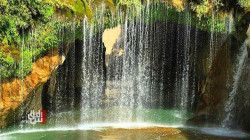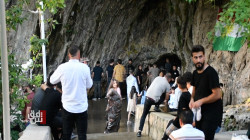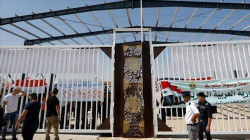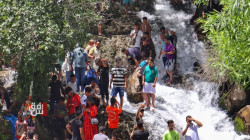Iraq's archaeological sites face neglect despite potential to boost economy, experts say
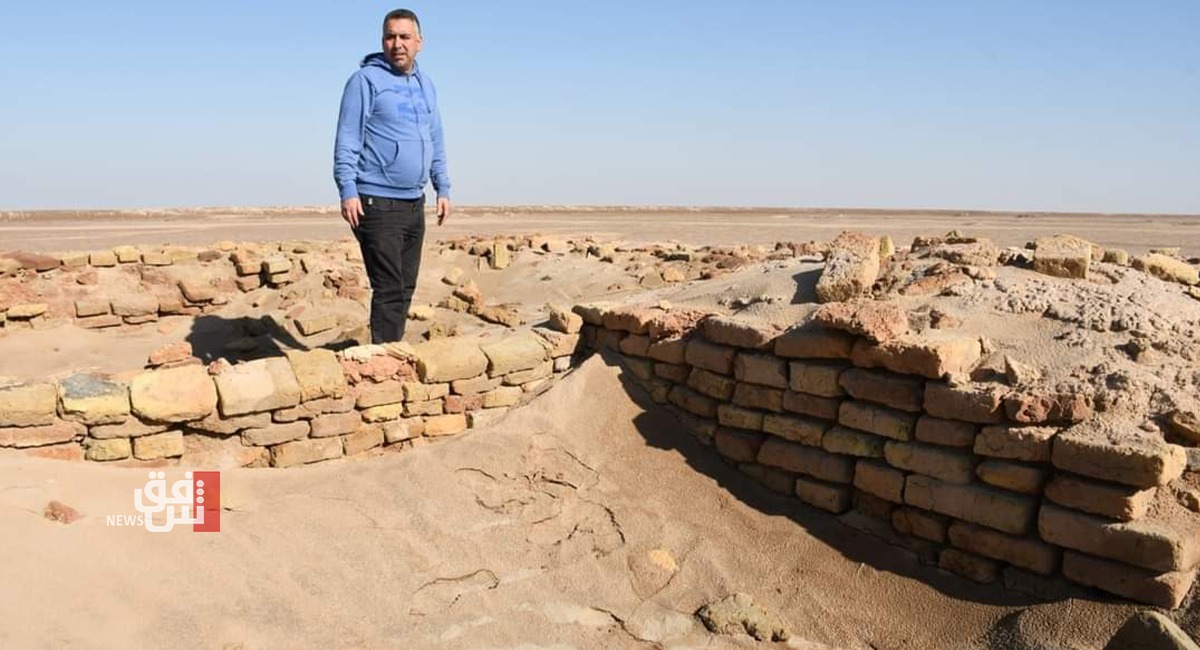
Shafaq News/ Iraq's Ministry of Culture, Tourism, and Antiquities has confirmed the existence of approximately 18,000 archaeological sites across the country, but specialists estimate that only 10% of these sites have been excavated. Despite this, many sites are marred by neglect and lack of development opportunities to contribute significantly to the economy.
Fadel al-Badrani, Undersecretary of the Ministry of Culture, Tourism, and Antiquities, told Shafaq News, "There are around 18,000 archaeological sites in Iraq. The ministry's Antiquities and Heritage Department is making considerable efforts in excavation and in cracking down on encroachments on archaeological areas, bolstered by a strict Antiquities Law that does not tolerate violations."
Al-Badrani added that through efforts by the ministry and diplomatic channels, Iraq had recovered around 24,000 looted and smuggled artifacts by 2024, following widespread looting during the chaos of the 2003 US-led invasion and subsequent occupation of Iraq.
The ministry has a broad plan in place to transform archaeological sites into tourist attractions, drawing visitors from within Iraq and abroad, including from Arab and foreign countries. For example, the Great Ziggurat of Ur in the Dhi Qar governorate and the remnants of Babylonian civilization in the Babil Governorate have seen restoration efforts.
The ministry has also reintroduced lakes and is working on establishing restaurants and tourist facilities at these locations. Excavations and infrastructure development are ongoing at various sites to enhance tourism services for visitors.
Dr. Mohammad Ouda al-Obaidi, President of the Iraqi Tourist Guides Syndicate, pointed out that "Iraq possesses numerous archaeological and historical sites, but only 10% have been discovered. There is, however, clear and widespread neglect of the archaeological sector in Baghdad and other governorates, at a time when many countries rely heavily on tourism for their economies."
Al-Obaidi told Shafaq News that many historical areas in Baghdad face encroachments from both local residents and government projects, which have had a detrimental impact on archaeological materials. He added, "In Baghdad, large historical landmarks such as the Arch of Ctesiphon are severely neglected, with even the road leading to it poorly maintained. The same goes for the Bab al-Wastani and Aqar Quf areas, as well as the many ancient mosques scattered across the city."
Al-Obaidi continued, "This neglect of vital tourist assets could otherwise revitalize and activate the tourism sector if properly managed. As a result, we call on the relevant authorities to support these areas and promote them as tourist destinations to optimize their potential."
Tourism is a key pillar of the local economy for countries that develop their economies through the tourism sector or consider it a vital contributor to GDP, according to economic researcher Ahmed Eid.
Eid told Shafaq News that "archaeological sites play a critical role in supporting the economy, both directly and indirectly. One of the primary economic benefits of such sites is their ability to create jobs and support local communities by reducing unemployment."
Eid also stressed that investing in archaeological sites in remote regions, governorates, and villages can provide economic opportunities for residents, fostering population stability and creating an economic environment driven by tourism activities such as restaurants, hotels, and recreational facilities.
However, in Iraq, the situation is markedly different, Eid noted, with "severe neglect and a lack of development for archaeological sites, leading to their deterioration or alteration. This violates global heritage regulations, which call for the preservation of historical and archaeological landmarks."
According to academic expert Mohammad al-Rubaie, encroachments on Iraqi archaeological sites are not new but have worsened since 2003 due to the country's security situation. "Many sites in Babylon, Nasiriyah, Mosul, Saladin, and Diyala have been encroached upon, as identified by the Global Heritage Authority."
Al-Rubaie emphasized the importance of educating residents living near archaeological sites about the dangers of disturbing or using these lands. "Studies should be conducted, and funds allocated to unearth undiscovered artifacts using advanced techniques to accurately locate archaeological sites and prevent further encroachments."

